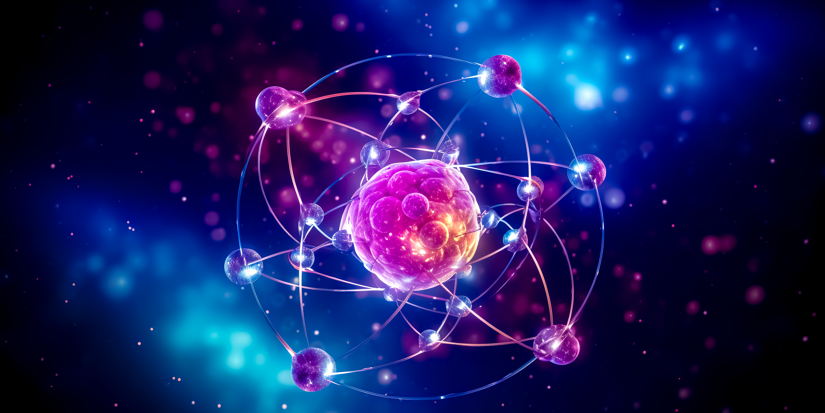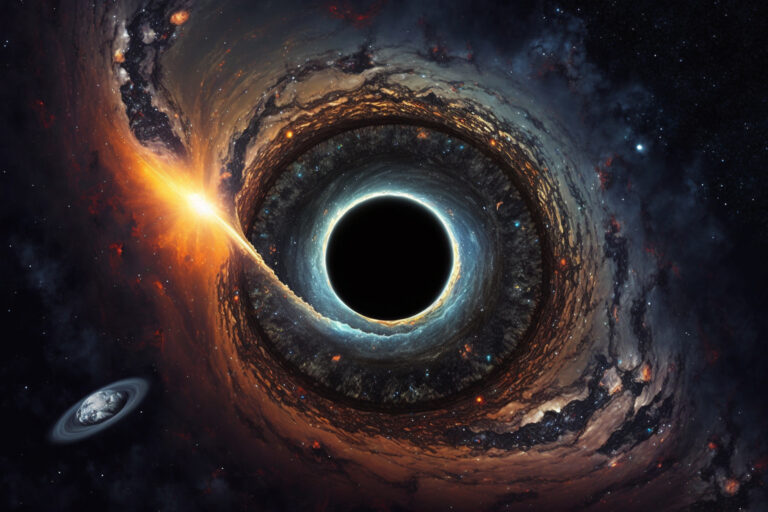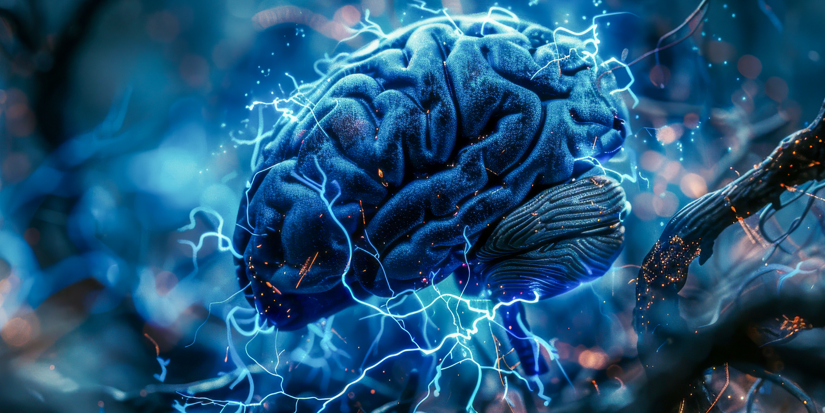
The Boltzmann Brain Theory is a paradoxical and fascinating concept that arises from the intersection of physics, cosmology, and philosophy. It challenges our understanding of reality, consciousness, and the nature of the universe. Named after the Austrian physicist Ludwig Boltzmann, this theory suggests that it is more statistically probable for a self-aware brain to spontaneously form in the vastness of space than for our entire observable universe to exist as we perceive it.
The Origin of the Idea
You Might Also Like
- Are Black Holes Eternal? The Strange Fate of the Universe’s Darkest Objects
- Does The Universe Exist Because We Are Observing It?
- The Dark Theory Of Alien Silence: The Berserker Hypothesis
- Objects Are Visiting Us From Alpha Centuri
- Russian Plasma Engine Will Get Us To Mars In 30 Days
- What is the Turing Test?
Ludwig Boltzmann (1844–1906) was a pioneer in statistical mechanics and thermodynamics. His work helped explain how macroscopic properties of matter emerge from microscopic particles in motion. One of Boltzmann’s key contributions was the idea that entropy—a measure of disorder—tends to increase over time in a closed system, following the Second Law of Thermodynamics.
Boltzmann theorized that our universe might be a rare, low-entropy fluctuation in an otherwise chaotic, high-entropy cosmos. If the universe is infinite and exists for eternity, then random fluctuations should eventually produce not just ordered systems like galaxies, stars, and planets, but even self-aware entities—Boltzmann Brains—that momentarily pop into existence due to quantum and thermal fluctuations.
The Statistical Argument
The paradox arises when considering probabilities. Given infinite time, random fluctuations could produce an entire universe like ours, but this is an extremely rare event. On the other hand, a much simpler and more likely event is the formation of a single self-aware brain, complete with false memories of a past that never happened, floating alone in the vacuum of space. If the Boltzmann Brain hypothesis were true, then logically, most conscious beings should be isolated brains rather than observers in a structured universe.
Implications and Philosophical Questions
Never Miss A Story
The Boltzmann Brain problem leads to profound philosophical and scientific questions:
- Are we real? If Boltzmann Brains outnumber normal observers, then the odds suggest that you or I might just be a fleeting, self-aware fluctuation rather than a biological being in a long-lived cosmos.
- Can we trust our memories? If our universe is just a low-entropy fluctuation, how do we know our memories and experiences correspond to an actual history rather than an illusion?
- Does this contradict the Anthropic Principle? The Anthropic Principle states that the universe must be such that it allows for conscious observers. However, if Boltzmann Brains dominate, this principle might need re-examination.
The Scientific Rebuttal
Many physicists argue against the Boltzmann Brain problem. The main counterarguments include:
- Cosmological Models: Modern cosmology suggests that our universe is expanding and likely has a finite lifespan. If the universe has a definite end, then there is a limit to the time available for random fluctuations to produce Boltzmann Brains in significant numbers.
- Quantum Mechanics and Thermodynamics: Some theories imply that complex systems, like conscious brains, cannot form and sustain themselves in the vacuum of space without an underlying physical structure.
- Occam’s Razor: The simplest explanation is often the best. A physical universe with evolutionary processes producing intelligent beings is a more straightforward explanation than the spontaneous emergence of self-aware entities.
Conclusion
The Boltzmann Brain Theory is a mind-bending concept that challenges the very nature of reality. While it remains a fascinating philosophical and scientific paradox, most mainstream physicists believe that our observable universe is real and not just a fluctuation in a chaotic cosmos. Nevertheless, the idea continues to provoke discussions about probability, consciousness, and the fundamental nature of existence.
What’s New?
- First Images From The Vera C. Rubin Observatory
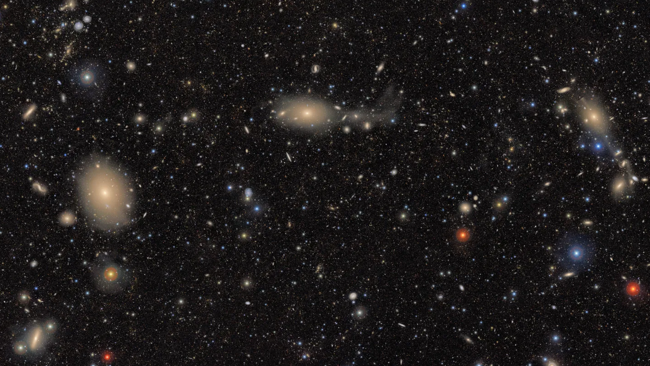
- What Effects Do Solar Flares Have On Our Power Grids?
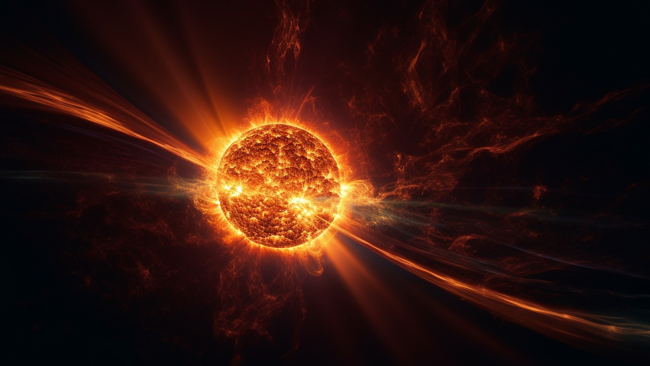
- What’s the Difference Between a Galaxy and a Globular Cluster?
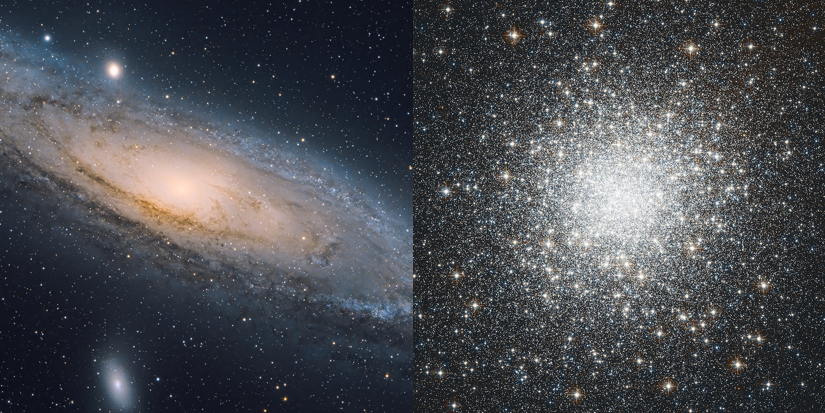
- Are Black Holes Eternal? The Strange Fate of the Universe’s Darkest Objects

- Cannibal stars at the heart of the Milky Way stay young in a gruesome way
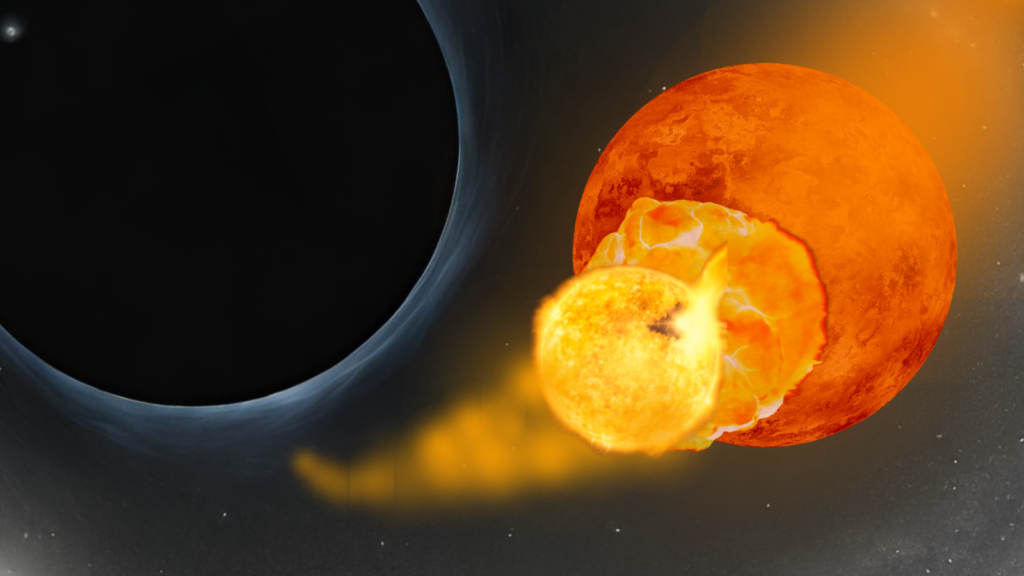
- Multi-Particle Entanglement Is A Complex World
